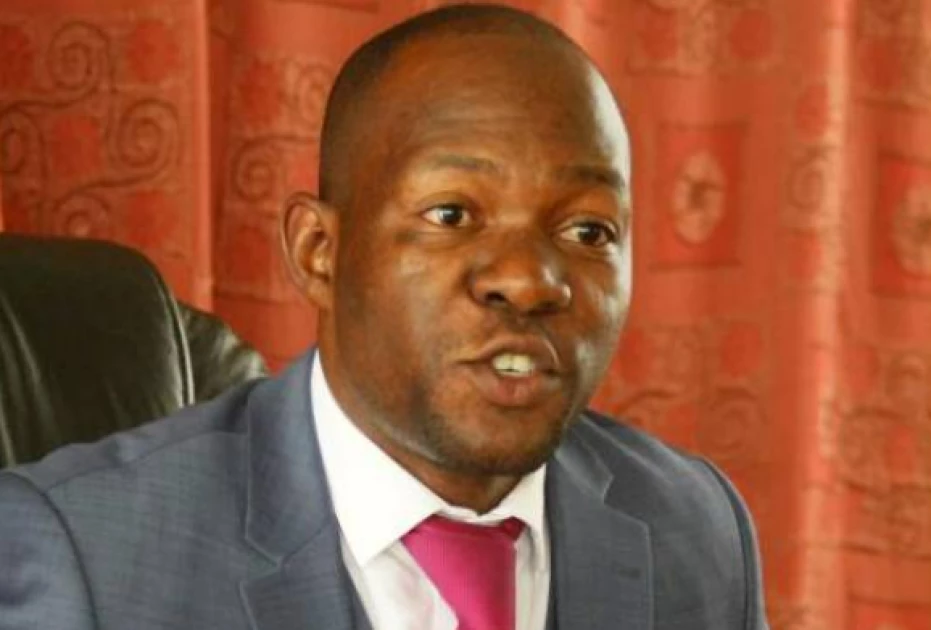Saboti MP Caleb Amisi has turned to divine intervention in the fight against corruption, purchasing Sh100,000 worth of anointed handkerchiefs to be distributed across key arms of government.
Speaking during a church service on Sunday, Amisi said the handkerchiefs would serve as spiritual tools to “cleanse” Parliament, Senate, Judiciary, and State House of deeply rooted corruption. He directed the pastor to deliver 349 handkerchiefs to Parliament, 67 to the Senate, 300 to the Judiciary, and a staggering 10,000 to State House.
“I have heard that there is corruption in Parliament. I know MPs here have given their offerings, but I want to add my own contribution of Sh100,000 for these anointed handkerchiefs,” Amisi said. He emphasized that the move was symbolic, meant to “take corruption to the altar of God” and release Kenyans from the grip of graft.
The legislator lamented that corruption had become a culture in Kenya, saying it was unclear who the “contractor, architect, plumber, chief engineer, quantity surveyor, and mechanical engineer” of the vice truly was.
Amisi’s symbolic gesture comes against the backdrop of renewed debate over corruption in Parliament. President William Ruto recently accused a section of MPs of taking bribes to frustrate the passage of the anti-money laundering law.
Speaking during a joint parliamentary group meeting on August 18 with ODM and UDA lawmakers, Ruto claimed some committee members collected as much as Sh10 million to block the legislation. “Do you, for example, know that a few members of your committee collected Sh10 million so that you don’t pass that law on anti-money laundering? Did you get the money?” he asked pointedly.
The President further questioned how county officials could access vast sums of cash, citing instances of individuals allegedly holding Sh150 million in unexplained wealth. He warned that corruption was eroding Parliament’s credibility and undermining public trust.
However, some MPs fired back at Ruto, accusing him of maligning Parliament and embarrassing legislators. They maintained that the President should address corruption within the executive before blaming lawmakers.
As the political blame game continues, Amisi’s handkerchiefs highlight the desperate and unconventional measures some leaders believe are necessary to tackle Kenya’s corruption crisis.

